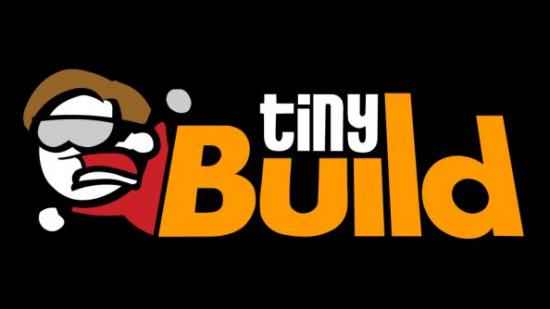The grey market of game key reselling rears its head again today as TinyBuild CEO Alex Nichiporchik writes a frank blogpost about his experience with massively popular key store G2A and the $450,000 worth of TinyBuild keys they’ve sold. Nichiporchik says that the majority of these keys were obtained via credit card fraud from their own short-lived store, and asked for compensation from G2A, who said none would be provided.
If you’re feeling cheap, here’s the best free PC games.
The blogpost was initially made on TinyBuild’s own website, which almost immediately then went down and, according to a later Twitter post, had its entire database corrupted. The post has since been rehosted on Gamasutra, where Nichiporchik details the ordeal. Essentially, fraudsters acquire details of stolen credit cards, use those to purchase a large chunk of keys from authorised sellers, then offload those keys to G2A at a low price. Once the stolen cards are discovered and cancelled, TinyBuild ends up out of pocket, while the seller gets away with the cash.
Doing the math, Nichiporchik says that $450,000 worth of keys were sold for just under $200,000 on the service. It’s within their power to cancel all the keys they believe were acquired fraudulently, but have since said they don’t think gamers should be inconvenienced, even if they bought from G2A knowing the original source might not be reputable.
As for the store itself, Nichiporchik says G2A wanted him to work with them but wouldn’t ever offer compensation for these keys. G2A also say that they believe most of the keys were not fraudulent and in fact sold by authorised resellers on their store because of “the reach that G2A has.” Given they sponsor every second YouTuber and streamer out there, along with a huge number of gaming events and eSports tournaments, they do have quite some market presence.
We recently looked into G2A’s Shield service, which provides protection to end users who may end up with dodgy keys. We weren’t big fans.
